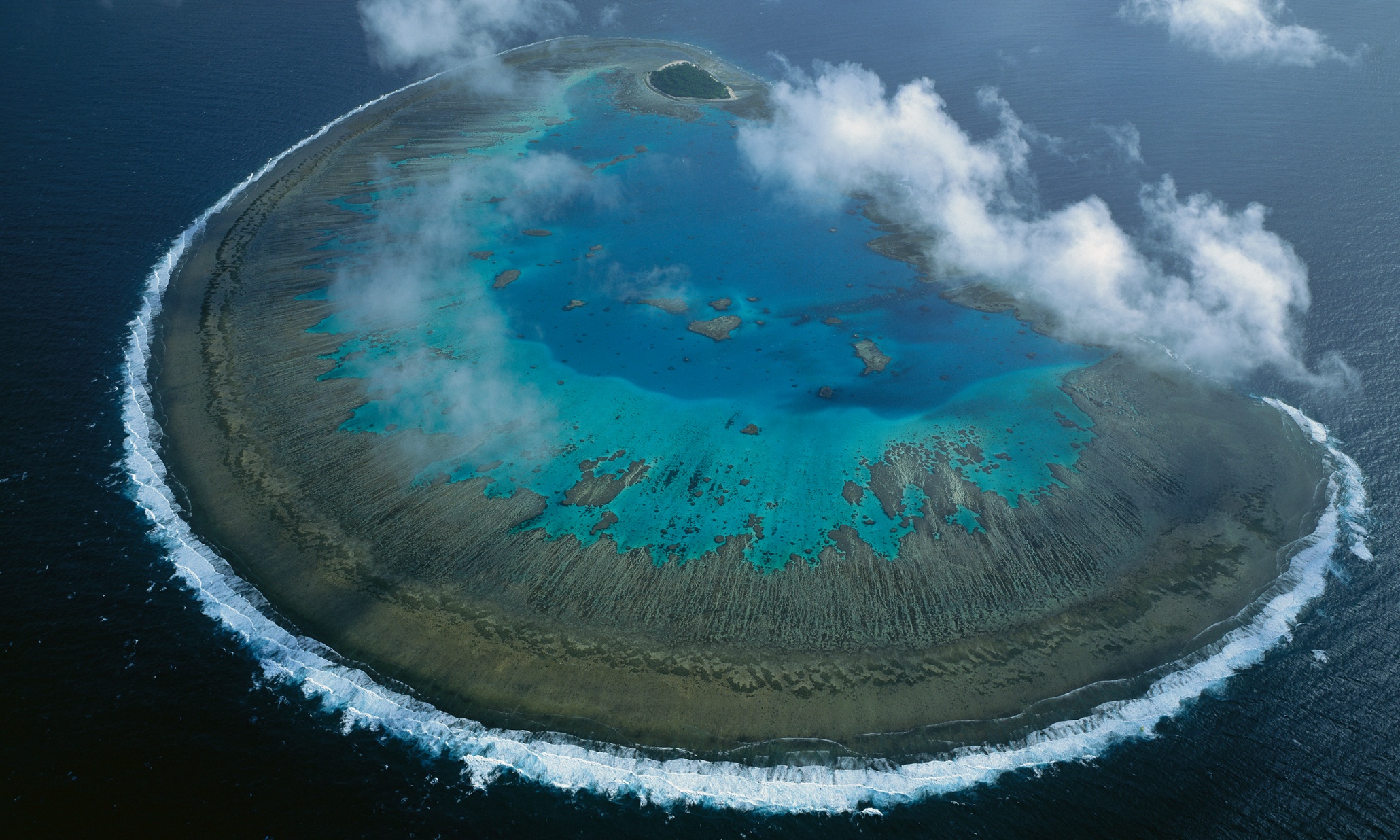
This post may contain affiliate links. We may earn money or products from the highlighted keywords or companies or banners mentioned in this post.
Over the past two years, the Great Barrier Reef has lost over 50 percent of coral reef due to bleaching . Authorities are now saying that to help stop the decline, active intervention is necessary.
Great Barrier Reef Marine Park Authority Chairman Russell Reichelt says that it is no longer just sufficient to let the Reef recover naturally.
Last week, experts in reef management and science made plans to conduct a two-day summit in Queensland to address this problem. The summit was designed to help pinpoint the latest research on coral resettlement and their accelerated growth.
On another note, the World Heritage Committee is still in the process of deciding whether to place the GRB under the ‘in danger’ watch list. A draft recommendation which will be considered by the World Heritage Committee is expected to come by early next month.
Several parties are now concerned about the impact of the recent cyclone damage and bleaching have made. While experts are still uncertain about the extent of the full damage, they say that this is already considered substantial.
Professor Terry Hungers of James Cook University meanwhile claims that 50 percent of coral cover had been lost. Dr Reichelt on the other hand told a Senate estimates committee hearing that this figure may be accurate but they still have yet to confirm this.
However, not all is bad news – Dr Reichelt says that they have seen a 40 percent increase in coral growth in the southern half of the reef due in part that this was not subjected to bleaching and cyclones.
At the moment, GBRMPA is still waiting for the results from the Australian Institute of Marine Science which is due to come out later this year.
What happened to the Reef is a reminder that people should take climate change seriously and implement actions to stop its ramifications.










